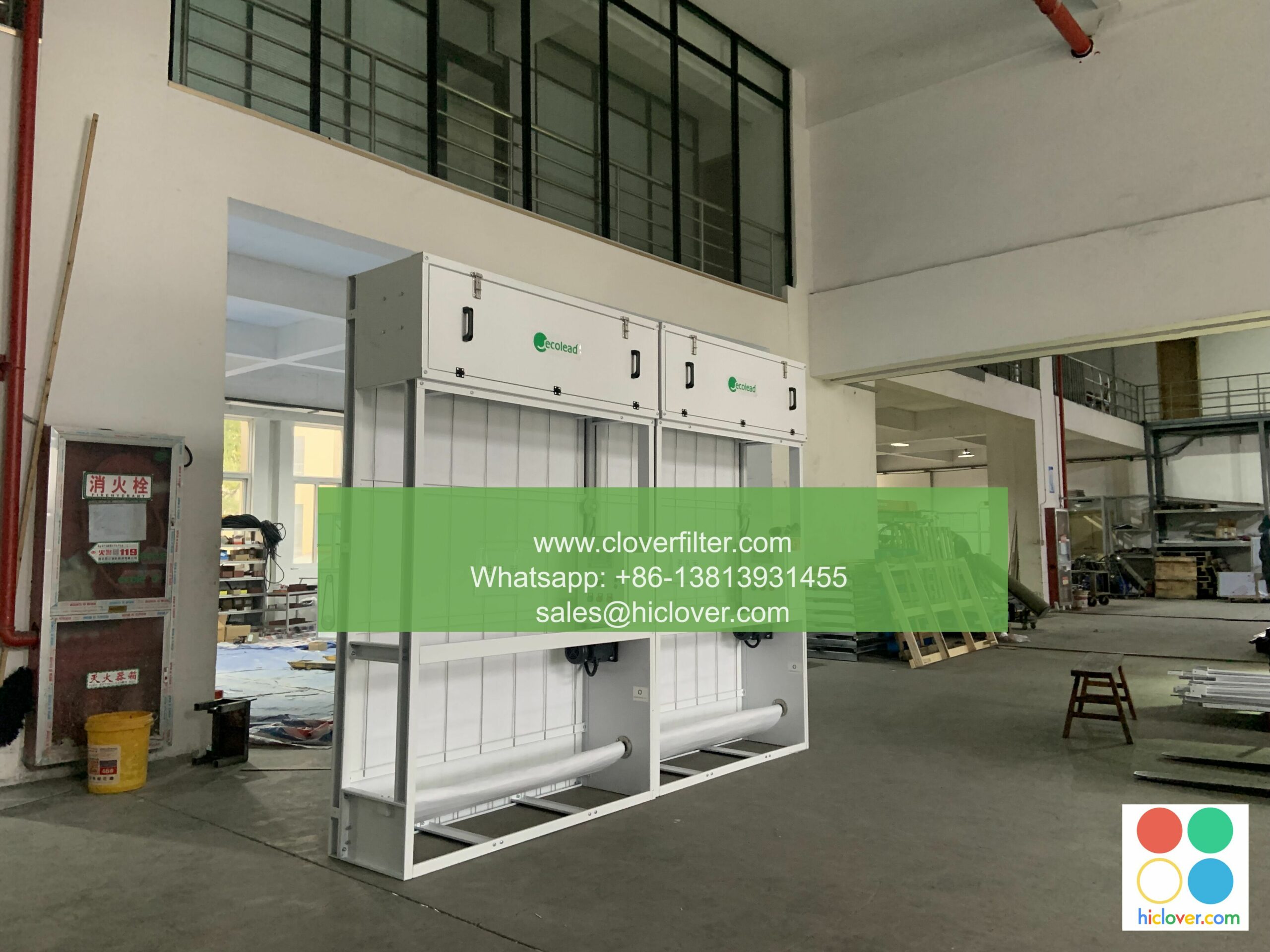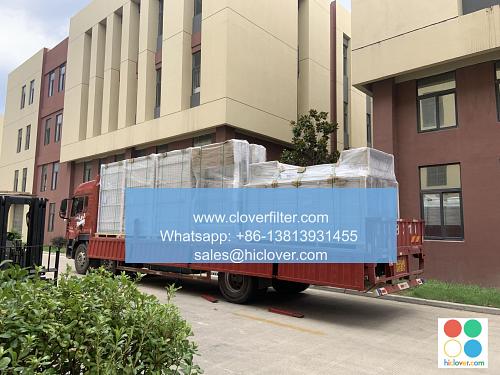Breathing Easier: How Proper Filter Selection and Installation Ensure Compliance in Retail Stores

Breathing Easier: How Proper Filter Selection and Installation Ensure Compliance in Retail Stores
Reducing Indoor Air Pollution in Retail Stores: The Importance of Proper Filter Selection and Installation
As consumers, we often associate retail stores with a welcoming and comfortable shopping experience. However, the air we breathe in these establishments can be far from healthy. Indoor air pollution can be a significant concern, especially in retail stores with heavy foot traffic, limited ventilation, and inadequate filtration systems. In this article, we will explore the importance of proper filter selection and installation in retail stores, highlighting the benefits of improved indoor air quality (IAQ) and compliance with regulations.
The Dangers of Poor Air Quality in Retail Stores
Indoor air pollution can lead to a range of negative health effects, from mild discomfort to serious health issues. Inhaling poor air quality can cause irritation to the eyes, nose, and throat, as well as headaches, fatigue, and respiratory problems. In addition, poor air quality can exacerbate existing medical conditions, such as asthma and other respiratory diseases. For store employees and customers, poor air quality can disrupt daily activities, impact productivity, and even lead to absenteeism and presenteeism.
The Role of Air Filters in Reducing Indoor Air Pollution
Air filters play a critical role in improving IAQ by removing airborne pollutants, such as particulate matter, volatile organic compounds (VOCs), and gases. Effective filters can capture 99.97% of particles as small as 0.3 microns, including dust, pollen, and other allergens. In retail stores, air filters should be designed to capture a variety of pollutants, including:
- Particulate matter (PM2.5 and PM10)
- VOCs (such as terpenes, benzene, and formaldehyde)
- Gases (such as nitrogen dioxide, carbon monoxide, and ozone)
Choosing the Right Filter for Your Retail Store
To ensure compliance with indoor air quality regulations and provide a healthy and comfortable shopping environment, it is essential to select the right filter for your retail store. Here are some key considerations:
- Filter type: Choose from a range of filter types, including HEPA (High Efficiency Particulate Air), activated carbon, and electronic filters.
- MERV rating: Select a filter with a Minimum Efficiency Reporting Value (MERV) of 13 or higher to effectively capture 99.97% of particles as small as 0.3 microns.
- Capture efficiency: Consider a filter with a capture efficiency of 90% or higher for VOCs and gases.
- Filter size and compatibility: Ensure the filter is compatible with your HVAC system and has a suitable size to fit your store’s heating, ventilation, and air conditioning (HVAC) system.
Installing and Maintaining Air Filters Effectively
To reap the benefits of improved indoor air quality, it is crucial to install and maintain air filters correctly. Here are some best practices:
- Proper installation: Ensure filters are installed in the correct direction, with the airflow arrows facing inward.
- Regular replacement: Replace filters every 1-3 months, depending on usage and manufacturer’s recommendations.
- Filter cleaning: Regularly clean filters to maintain their efficiency and extend their lifespan.
Conclusion
By selecting the right air filter and installing it effectively, retail stores can reduce indoor air pollution, creating a healthier and more comfortable environment for employees and customers. Compliance with indoor air quality regulations is essential, and proper filter selection and installation can help achieve this goal. By prioritizing IAQ, retail stores can:
- Enhance customer satisfaction and loyalty
- Improve employee health and well-being
- Reduce absenteeism and presenteeism
- Comply with regulatory requirements
Key Takeaways:
- Air filters play a critical role in improving indoor air quality and reducing pollution in retail stores.
- Choose the right filter type, MERV rating, capture efficiency, and size for your retail store.
- Install and maintain air filters correctly, including regular replacement and cleaning.
- Prioritize indoor air quality to enhance customer satisfaction, employee well-being, and compliance with regulations.
A prompt!
You’ve got my attention! What would you like to talk about, ask, or create? I’m here to help, respond, or generate ideas for you. Go ahead and give me a prompt!


